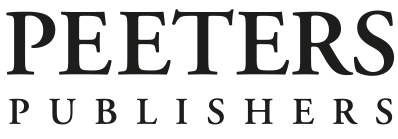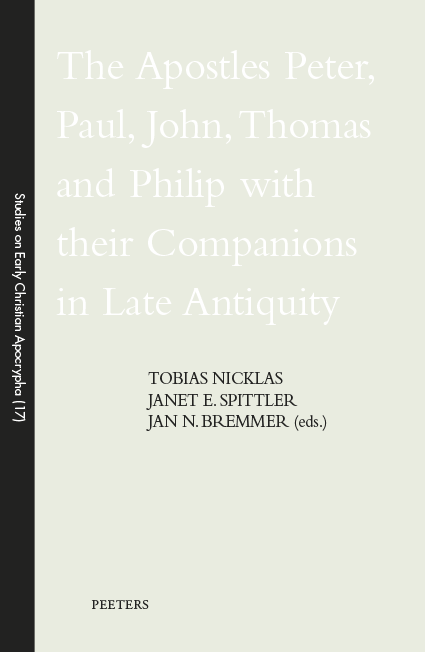

 0
EN
0
EN

This book is the first modern collection of studies on the reception of the apostles and their companions in Late Antiquity, earlier Middle Ages and the Orthodox Churches. The volume opens with an exploration of the nature of the stories about the apostles in Late Antiquity, highlighting some of the questions and problems these stories tried to answer. Chapter 2 takes us to the Forum Romanum and the Apostle Peter, and the latter's antagonist Simon Magus appears again in the next chapter. The next five chapters focus on Paul and Thecla. The first two look at the relationship between the canonical Acts of the Apostles and the Acts of Paul by concentrating on spatial aspects as well as sex and intermarriage, respectively. Three chapters concentrate on Thecla and show that the Acts of Paul and Thecla and Thecla herself enjoyed a very high reputation, were seen as authoritative - if not canonical in certain circles - and a source of inspiration for later hagiographers. We see the apostle John at work in the fairly unfamiliar Acts of John by Prochorus and the Acts of Timothy, but also his connection with the church S. Giovanni a Porta Latina in Rome. The section on Thomas takes up the textual tradition of the Acts of Thomas with new manuscripts, and the reception of the Acts in the hagiography and liturgy of the Orthodox Churches. The last two chapters focus on Philip, whose Acts Acts shows that in fourth-century Hierapolis local paganism was still a factor to be taken into account and to be fought, but also that the treatise promoted ideals of civility and self-control, which were not that far removed from those in the Gospels. As has become usual, the volume ends with a detailed index.



